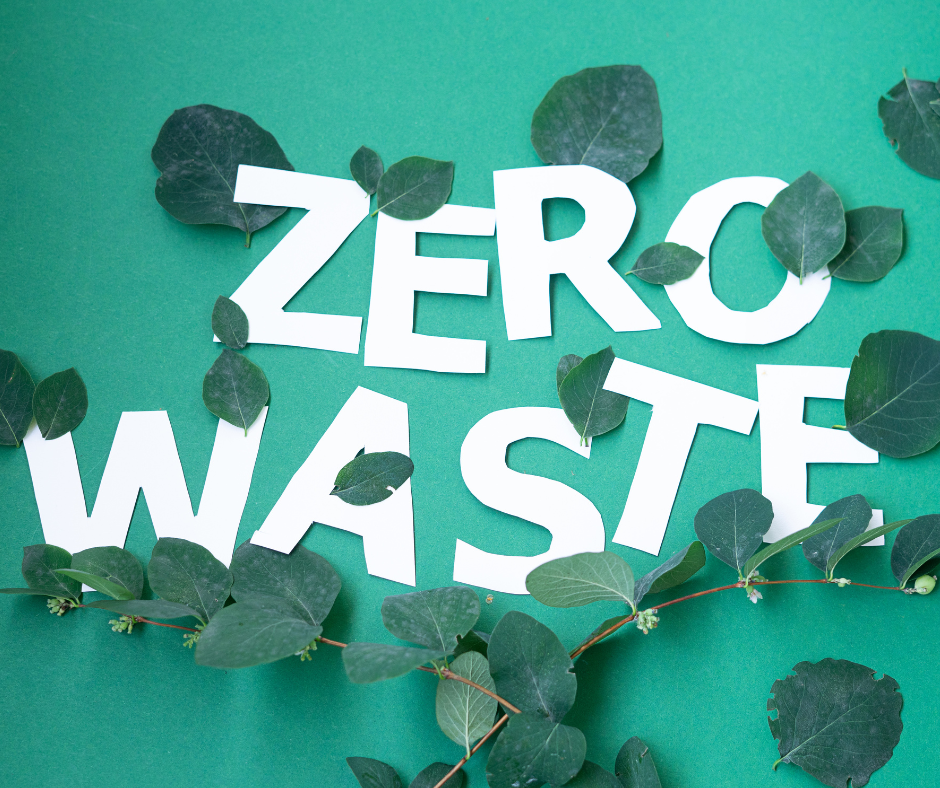
In a world where environmental concerns are becoming increasingly pressing, it’s time to rethink how we enjoy the great outdoors. Camping, an activity that brings us closer to nature, should reflect our respect for the natural world. One way we can do this is by planning a zero-waste camping trip—a sustainable, eco-friendly approach to camping that ensures our adventures leave no trace behind, preserving the beauty of nature for generations to come.
Planning a zero-waste camping trip might seem daunting at first, but it’s not just possible—it’s necessary. With a bit of mindfulness and preparation, you can drastically reduce your waste, protect the environment, and make your camping experience more rewarding. Here’s how you can take the first step toward responsible camping and inspire others to do the same.
1. Why Zero-Waste Camping?
Before we dive into the practical steps, let’s address the urgency of this mission. Our planet is drowning in waste, with landfills overflowing and oceans choked with plastic. Every year, millions of tons of plastic enter our oceans, harming wildlife and disrupting ecosystems. As nature lovers, it’s our duty to protect the very environment we cherish.
Planning a zero-waste camping trip is a small but impactful way to contribute to this effort. Imagine camping in a pristine forest or by a serene lake, knowing you’ve left no waste behind, no plastic wrappers to blow in the wind, and no food scraps to harm local wildlife. It’s not just an adventure; it’s a movement to protect and preserve our planet.
2. Start with a Sustainable Mindset
A zero-waste camping trip starts before you even set foot outside your door. It begins with the mindset of minimalism and sustainability—taking only what you need and ensuring everything you bring serves a purpose without generating waste. This mindset will guide every decision you make in your planning process.
Ask yourself, “What can I bring that won’t create waste? What reusable alternatives can I use? How can I leave the environment even better than I found it?” These questions should form the core of your planning. The key is to reduce, reuse, and rethink how you approach your camping trip.
3. Planning Your Zero-Waste Gear
One of the most crucial steps in planning a zero-waste camping trip is selecting the right gear. Many of us are accustomed to single-use items—plastic utensils, disposable plates, and plastic water bottles. These habits are convenient, but they come at a high cost to the environment.
Instead, opt for reusable gear:
- Water Bottles and Filters: Bring a durable, reusable water bottle and, if needed, a portable water filter. This will eliminate the need for plastic water bottles.
- Utensils and Dishware: Invest in reusable cutlery, plates, and cups made from stainless steel, bamboo, or other sustainable materials. Avoid disposable items at all costs.
- Food Storage: Bring food in reusable containers or beeswax wraps instead of plastic bags. Plan your meals in advance to reduce food waste.
- Reusable Bags: Use cloth bags to pack your gear and carry your groceries. Avoid plastic bags altogether.
This step might require an initial investment, but the benefits are long-term, both for the environment and for your future trips.
4. Waste-Free Cooking and Food Planning
One of the biggest sources of waste during camping trips is food packaging and food waste itself. To minimize this, plan your meals carefully and cook with sustainability in mind:
- Pre-Plan Meals: Before heading out, plan meals that generate minimal waste. Choose bulk items and ingredients with little to no packaging. Cook from scratch when possible and avoid pre-packaged foods.
- Composting: If possible, bring a small compost bag for food scraps. Burying food waste isn’t an option in many places, as it can attract wildlife, so bring it back with you to compost at home.
- Campfire Cooking: Instead of relying on single-use propane canisters, try campfire cooking with reusable cookware. It not only reduces waste but also enhances your connection with nature.
5. Pack It In, Pack It Out
One of the core principles of zero-waste camping is the “pack it in, pack it out” rule. Whatever you bring with you, you must also take back. This includes not just obvious trash but also micro-waste like tiny pieces of plastic, wrappers, and even biodegradable items that don’t belong in the environment.
Before leaving your campsite, do a thorough sweep to ensure no trace is left behind. This simple act of responsibility leaves nature exactly as you found it—or even better.
6. Mindful Hygiene
Maintaining hygiene in the wilderness doesn’t mean sacrificing sustainability. Here are a few tips for zero-waste personal care:
- Biodegradable Soaps and Toothpaste: Use eco-friendly, biodegradable personal care products. Be mindful of where you use them—never directly in water sources.
- Reusable Towels and Napkins: Bring cloth towels or napkins instead of paper. They’re more durable and don’t contribute to waste.
- Toilet Needs: For those camping in more remote areas, research how to handle toilet needs responsibly. Carry biodegradable toilet paper or consider a portable toilet system that minimizes impact on the environment.
7. The Reward of Zero-Waste Camping
The emotional fulfillment of a zero-waste camping trip is unmatched. It’s not just about being outdoors—it’s about actively contributing to the protection of the environment. Every time you choose reusable over disposable, every time you pick up a piece of trash that wasn’t yours, you are part of a greater solution.
This experience can transform your relationship with nature and inspire others to follow your lead. Imagine the ripple effect: one camper decides to go zero-waste, then another, then an entire community of adventurers committed to sustainability. Your decision today can spark a movement that protects the wilderness for future generations.
8. Take Action Now
The urgency of protecting our environment has never been more real. Every camping trip is an opportunity to make a difference. The time to act is now—nature can’t wait.
At Ready For Camp – Where Adventure Awaits, we believe in the power of sustainable camping to preserve the planet. By planning a zero-waste camping trip, you’re not just enjoying nature; you’re ensuring that future generations will be able to enjoy it too. This is your chance to be part of something bigger—a movement to protect the only home we have.
Don’t wait until it’s too late. Start planning your zero-waste camping adventure today, and let’s keep the wild places we love as beautiful as they were meant to be. Together, we can make a lasting impact.
